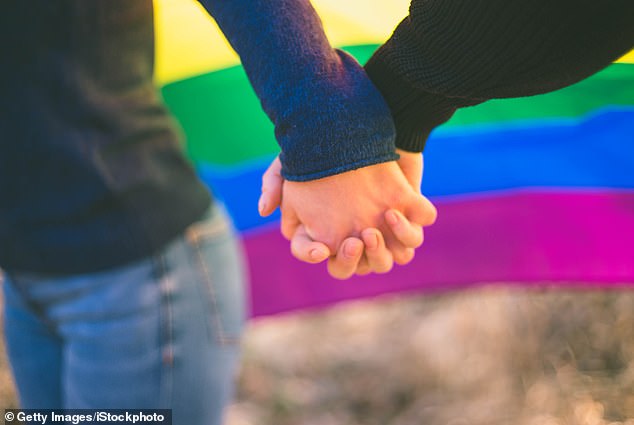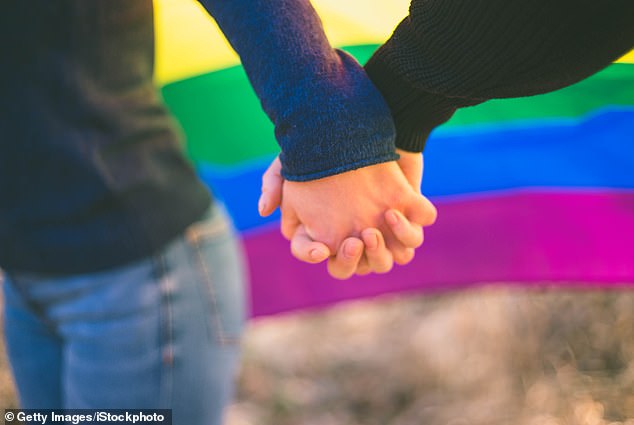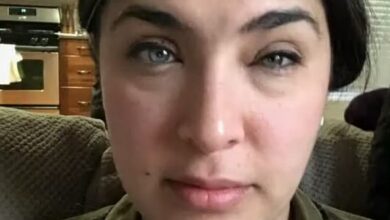Six in 10 people under 30 say they are not straight, dating app data shows



New research shows that nearly six in 10 members of Generation Z say they are not straight.
The findings come from a survey of more than 3,000 people from 71 countries who use the dating app Feeld.
The site focuses on ‘alternative relationship models’ such as polyamory and swinging and may therefore not be representative of the wider target audience.
But Justin Lehmiller, a social psychologist at Indiana University and lead author of the paper, said it shows that Gen Z is “open to exploring more flexible ways of being.”

The poll found that about 59 percent of Gen Zers identified as something other than straight.

LGBTQ+ identification in the US is growing, with 7.6 percent of all American adults now identifying as lesbian, gay, bisexual, transgender, queer, or having a sexual orientation other than heterosexual.
Dating apps are hugely popular in the US – about 30 percent of adults used one to find a partner.
Feeld doesn’t report how many active users it has, but from 2021 to 2022 the app grew by 65 percent, the new york times reported and currently has approximately 72,600 ratings on the app store.
For comparison, Bumble, a dating app launched the same year, has about 1.6 million reviews.
Regardless of the popularity, researchers at Kinsey Institute at Indianawho has been studying human sexuality for over 75 years has expanded its data to measure current sexual preferences.
A survey among members showed that 59 percent of Generation Z users, born between 1995 and 2004, indicate that they have a sexual identity other than heterosexual.
There are 19 other options available on the app, ranging from the familiar, such as bisexual and homosexual, to the unfamiliar, such as Objectumsexual, the sexual desire for inanimate objects.
This is a larger number of non-heterosexual people than previous reports suggested, the study authors wrote.
For example, a 2023 Gallup poll found that 22.3 percent of Gen Zers in America identify as LGBTQ+.
This discrepancy may be because people who already use Feeld are more sexually open than the rest of the population.
Dr. Lehmiller said, “What’s also striking is that the Feeld community, compared to the national average, seems much more open to exploring, defining and redefining who they really are.”
This volatility was also reflected in the polls, with 18 percent of 18- to 30-year-olds saying their sexual identity had changed since joining the app.
The app seems to be building a user base for just that purpose. The company’s about page states that users include people looking for: “ethical non-monogamy, polyamory, casual sex, kink, swinging, and other alternative relationship models and sexual orientations.”
In addition to partner preferences, 55 percent of Gen Zers reported having a new kinky experience through the app, compared to 49 percent of Millennials, 39 percent of Gen Xers and 33 percent of Baby Boomers.
This is consistent with larger trends in younger generations’ preferences. Earlier research by Dr. Lehmiller found that more than half of the youngest generation of adults reported having BDSM fantasies.
The report also found that Gen Z was more interested in monogamy and had sex less often than Millennials or Gen X.
In fact, 81 percent of this age group said they fantasize about having a partner for life, despite the fact that options like polyamory are generally becoming more popular.




